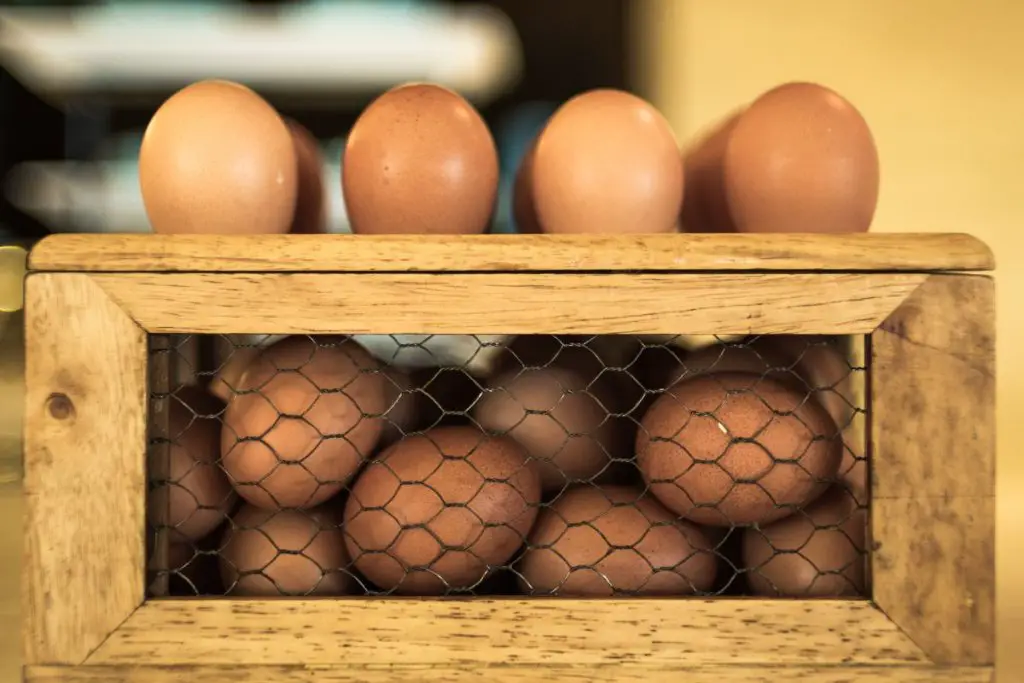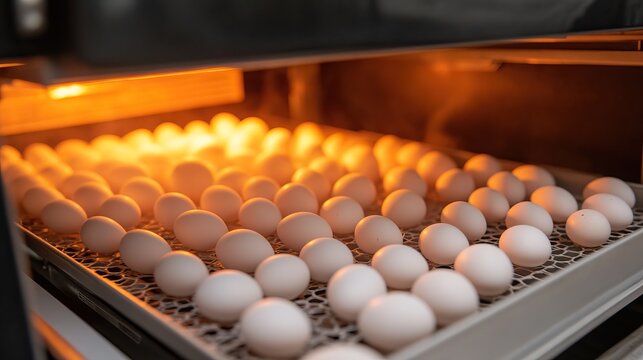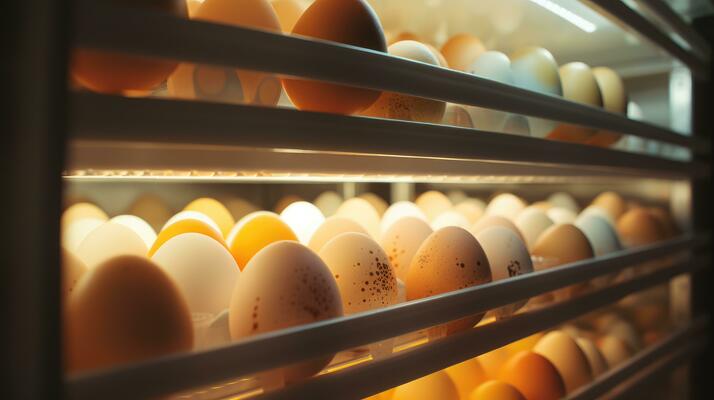For poultry enthusiasts, understanding the best practice for egg collection is essential. Not only does it ensure the health and productivity of your flock, but it also maximizes the quality of the eggs collected. This article delves into the best practices you should adopt for effective egg collection.

Understanding the Basics of Egg Collection
Egg collection is not just about picking up eggs from the coop. It involves understanding the right techniques and timing to ensure that the eggs are in the best condition. Ensuring clean and safe egg collection is crucial for both consumption and incubation purposes.
Why Timing Matters
Timing is a critical factor in egg collection. Collecting eggs at the right time prevents them from getting dirty or damaged. Ideally, eggs should be collected at least twice a day once in the morning and once in the afternoon. This practice reduces the chances of eggs being stepped on or soiled by hens.
Handling Eggs with Care
When collecting eggs, it’s important to handle them with care. Eggs have a natural protective coating called the bloom, which prevents bacteria from entering. Rough handling can damage this coating, making the eggs vulnerable to contamination.
Preparing the Nesting Area
A clean and well-maintained nesting area is crucial for egg collection. Providing a comfortable and safe place for hens to lay their eggs encourages them to use the nesting boxes, reducing the chances of eggs being laid in undesirable locations.
Cleaning and Maintenance
Regular cleaning of the nesting boxes is essential. Remove any soiled bedding and replace it with fresh, clean material. This helps keep the eggs clean and reduces the risk of bacterial growth.
Providing Adequate Space
Ensure that there are enough nesting boxes for the number of hens in your flock. A general rule of thumb is one nesting box for every four to five hens. This prevents overcrowding and encourages hens to lay their eggs in the designated area.
Storing Collected Eggs
Proper storage of collected eggs is important to maintain their quality. Eggs should be stored in a cool, dry place. If you plan to incubate the eggs, refer to the egg storage guidelines to ensure optimal conditions.
Using Suitable Containers
Store eggs in clean, sturdy containers to prevent them from cracking. Avoid washing eggs before storing them, as this can remove the protective bloom.
Monitoring Temperature and Humidity
For those incubating eggs, maintaining the right temperature and humidity levels is crucial. Check out our humidity maintenance guide for more information.
Understanding the Role of Diet in Egg Production
The diet of your hens plays a significant role in the quality and quantity of eggs they produce. A balanced diet rich in proteins, vitamins, and minerals ensures healthy egg production.
Essential Nutrients for Hens
Ensure that your hens have access to adequate calcium and protein. Supplements like oyster shells can be added to their feed to enhance calcium intake.
Providing Fresh Water
Always provide clean and fresh water for your hens. Proper hydration is essential for their overall health and productivity.
Common Challenges in Egg Collection
Egg collection comes with its set of challenges. Addressing these issues ensures a smooth collection process.
Dealing with Broody Hens
Broody hens can be a challenge as they tend to sit on eggs, causing potential damage. Regularly check nesting boxes to remove eggs and discourage broodiness.
Preventing Egg Eating
Some hens develop the habit of eating eggs. To prevent this, ensure that eggs are collected promptly and provide distractions to keep hens occupied.

FAQs
How often should eggs be collected?
Eggs should be collected at least twice a day to prevent damage and contamination.
What’s the ideal storage condition for collected eggs?
Store eggs in a cool, dry place, and avoid washing them before storage to maintain the protective bloom.
How can I discourage hens from eating eggs?
Prompt collection and providing distractions can help prevent hens from developing the habit of eating eggs.
For more comprehensive guidance on egg incubation, visit this helpful guide.
This article contains affiliate links. We may earn a commission at no extra cost to you.











